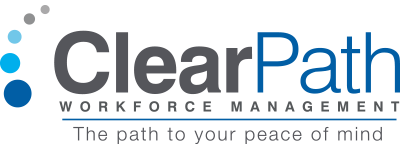Informal vs. Formal Grievance Policy: Which one will help you to stay compliant?
Barbara Business Owner and Brandon Business Owner are having a lively debate during a business roundtable. They’re actually in the middle of an important discussion around formal versus informal grievance policies in the workplace.
Brandon stated that he prefers using a flexible, informal grievance policy at his company and an awkward quiet filled the room. Brandon immediately senses that informal policy has been equated to no grievance policy. However, this could not be further from the truth.
Brandon clarifies that an informal grievance policy is not the same as no grievance policy. Informal grievance policies invite open conversations between employees and management at all times and employ a standardized process when a concern is raised.
What is an Informal Grievance policy?
Informal grievances begin when all parties agree on what the process will look like. Employees should know who they can address and understand that although it is flexible, informal grievance policies are an established way towards conflict resolution. All parties must agree that the informal process addresses the complaint and then move forward with solutions.
An informal grievance procedure may include:
- A meeting to discuss the complaint in an informal atmosphere
- Clarity if the employee thinks there is anything you should be looking into, any fact-finding
- A clear indication of what the employee wants as an outcome
- Potential discussions with others, depending on the situation
- Decisions if the other employee wants to be involved in other discussions
- Introducing the services of an outside consultant or mediator
- A potential period of leave, if warranted, for any parties
- A communication process for who needs to be aware of the complaint
An advantage of the informal grievance policy is the low barrier to an employee raising a concern. Employees may feel anxious about raising a formal complaint. They are often concerned about the reaction they might receive from others in the workplace.
This allows you to get to the heart of the issues quickly and before they have a chance to fester into a bigger problem. Management will often be able to deal with complaints quickly and on a case-by-case basis to match the content, urgency and gravity of the issue at hand.
Informal complaints still need to be documented with the dates, complaint, involved parties, and final resolution.
After Brandon Business Owner explained the advantages of his informal grievance policy, Barbara Business Owner, our resident attorney and founder of a law firm, jumped in to explain the need for a formal grievance policy.
What is a Formal Grievance Policy?
Barbara got straight to the point. It is not always appropriate to deal with a grievance informally. When a complaint may be serious and have wide-reaching implications, dealing with it informally will simply not work. Formal grievance policies provide protection for all parties involved, particularly in anticipation of potential litigation.
A formal grievance procedure lays out the rules and methods for documenting, presenting and settling workplace disputes. This creates a hierarchy for raising and solving disputes in the workplace. This procedure helps management identify problems before they affect employee satisfaction and provide employees with a communication channel to management.
Barbara warns that if an employee feels that their grievance isn’t being resolved in-house, they may choose to file a formal complaint. They can do this through the U.S. Equal Employment Opportunity Commission (EEOC). The EEOC investigates grievance complaints and takes action to protect employee rights. Some states have specific requirements for grievance policies and employers should check their state’s labor laws.
Compliance and workplace grievances
Barbara’s management style prefers structured policy and formal grievances at her company. However, after speaking with Brandon, many of the businesses in the room like the idea of at least making the informal pathway available for less serious violations.
Informal grievance policies are likely not a complete replacement for a formal grievance process but rather can make for a great supplement to keep lines of communication open and resolve minor infractions quickly. It’s vital to be proactive about preventing grievances by upholding their written policies, both formal and informal.
For a custom consultation on staying compliant with worker regulations, contact us today.
ClearPath is a leading Human Resources Outsourcing company focusing on assisting employers to leverage the independent contractor labor market. We’re committed to helping business owners stay compliant and minimize the risks associated with their contingent labor requirements.
No Legal Advice Intended. This article includes general information about legal issues and developments in the law. Such materials are for informational purposes only and may not reflect the most current legal developments. These informational materials are not intended, and must not be taken, as legal advice on any particular set of facts or circumstances. You need to contact a lawyer licensed in your jurisdiction for advice on specific legal issues.
- Written by: Renee Fink
- Posted on: March 4, 2024
- Tags: 1099, 1099 Worker Classification, ENGAGING W-2 WORKERS, FREELANCER, INDEPENDENT CONTRACTOR COMPLIANCE, independent contractor management, Workforce Classification

